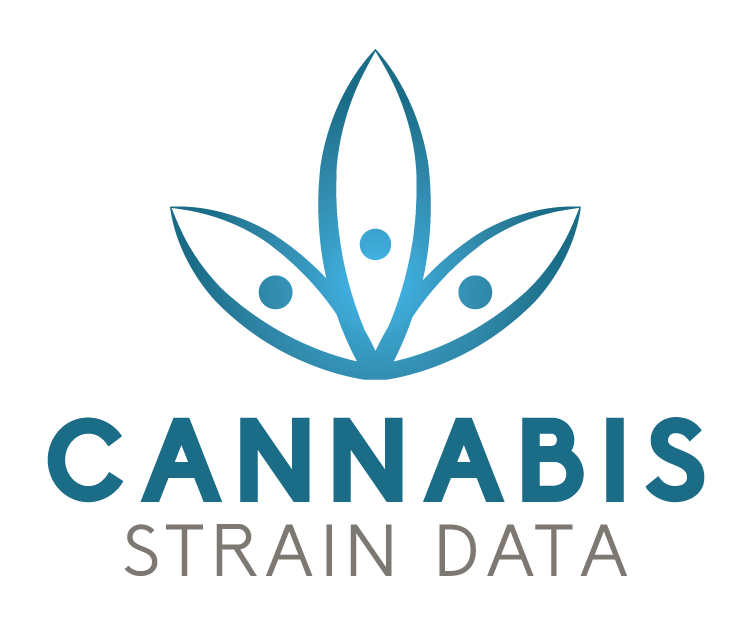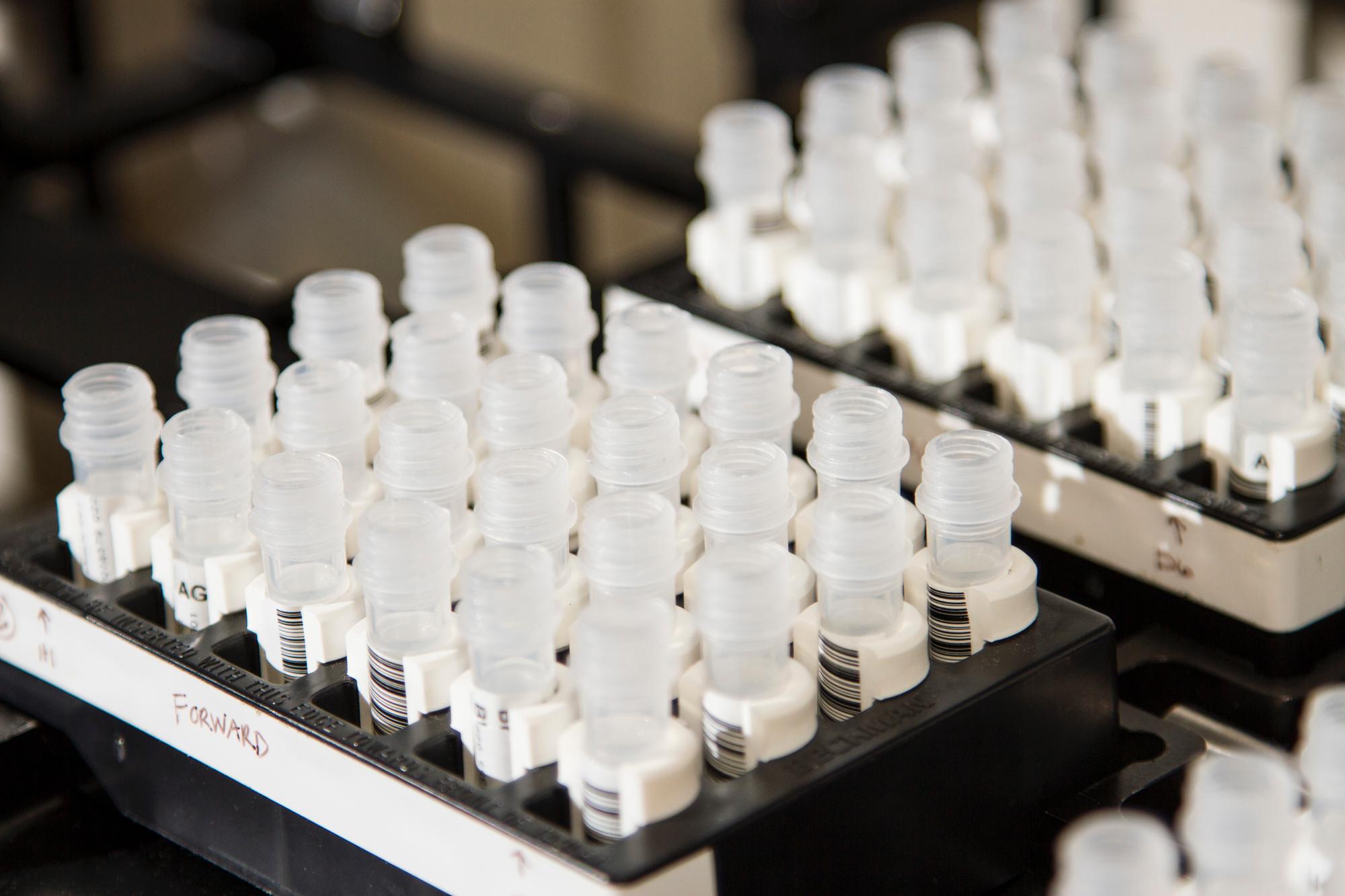For medical marijuana patients in Florida, living with chronic pain is often a daily battle. Relief is not simply about walking into a dispensary and picking a product at random—it’s about knowing what’s inside that product, how it works with their body, and whether it will help manage their symptoms. That’s where reliable lab data becomes essential.
A Patient’s Perspective on Trust and Safety
From the patient’s point of view, trust in medical cannabis starts with transparency. Every jar of flower, vape cartridge, or edible purchased from a licensed dispensary in Florida must undergo state-mandated laboratory testing. These results detail potency, cannabinoid levels, terpene profiles, and—just as importantly—the absence of harmful contaminants such as mold, pesticides, or heavy metals.
For someone already dealing with chronic pain, consuming a product without lab verification is not just a gamble—it could worsen their condition. Having clear, accurate lab results provides peace of mind that the medicine is both safe and effective.
Tailoring Relief Through Cannabinoid Profiles
Lab data allows patients to choose products with precision. For instance, a patient managing nerve pain may benefit from a strain rich in cannabidiol (CBD) and cannabigerol (CBG), compounds that studies suggest have anti-inflammatory and analgesic properties. Meanwhile, another patient dealing with muscle spasms might seek out products higher in tetrahydrocannabinol (THC) combined with myrcene, a terpene known for its sedative effects.
Without lab results, these choices would be left to trial and error. Instead, patients can look at verified cannabinoid percentages and terpene breakdowns to select what aligns with their needs, reducing the frustration of inconsistency.
The Role of Terpenes in Pain Management
Terpenes—the aromatic compounds responsible for the flavor and scent of cannabis—play a surprisingly powerful role in how strains affect pain. Limonene, found in citrus-forward varieties, has been linked to mood elevation, which may benefit patients experiencing pain-related depression. Caryophyllene, a peppery terpene, binds to the body’s CB2 receptors, offering anti-inflammatory potential.
By reviewing lab data, Florida patients can go beyond the THC percentage and focus on full-spectrum relief. This deeper understanding transforms cannabis from a guessing game into a targeted therapy.
Compliance and Confidence in Florida’s System
Florida’s medical marijuana program requires licensed dispensaries to post Certificates of Analysis (COAs) for every batch of product. Patients can scan QR codes on packaging or visit dispensary websites to view detailed lab reports. For those living with chronic pain, this level of transparency means greater confidence that their medicine meets consistent standards.
Why It All Matters
Living with chronic pain already comes with enough uncertainty. Knowing exactly what is being consumed removes one layer of stress. Lab data empowers Florida patients to:
- Ensure their products are free of harmful contaminants.
- Select strains and products that best match their symptoms.
- Track what works and adjust over time with confidence.
Ultimately, lab data is more than numbers on a report—it is the foundation of safe, effective, and personalized relief. For Florida medical marijuana patients, it transforms cannabis into a dependable tool for managing chronic pain and improving quality of life.
Learn about what lab data shows about minor cannabinoids here.


